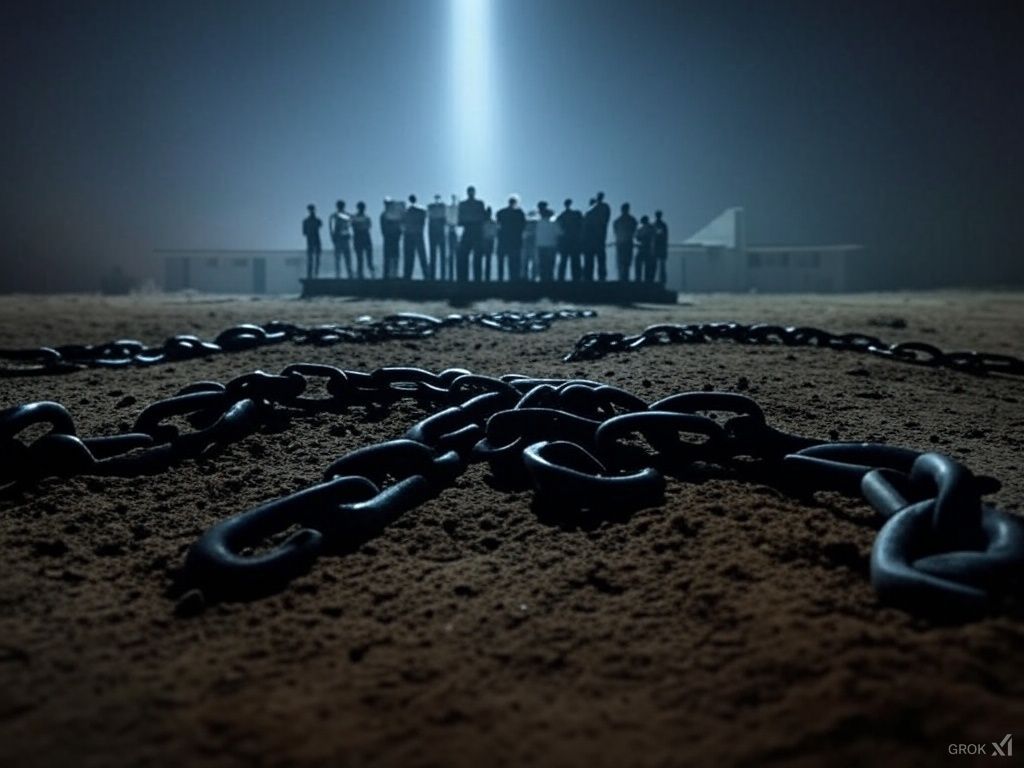
In the summer of 2019, the Texas Civil Commitment Program (TCCP) underwent a dramatic transformation. What was once the Bill Clayton Juvenile Detention Center, located in a remote rural area, was repurposed as the Texas Civil Commitment Center (TCCC). Under the management of the private prison conglomerate Management and Training Corporation (MTC), the facility has garnered controversy for its allegedly punitive practices, lack of adequate staffing, and substandard living conditions.
Originally designed to hold 250 juvenile detainees, the facility now houses over 480 adult men—civilly committed individuals deemed “free citizens” by the courts after serving their sentences. However, since MTC’s acquisition of the facility, critics argue it operates not as a treatment center, but as a for-profit prison.
A Betrayal of Legislative Intent
According to Texas Health and Safety Code §841 , civil commitment facilities are required to provide less restrictive conditions than prison for the purpose of cognitive behavioral treatment. However, residents report an environment that mirrors traditional incarceration.
Residents are confined indoors with limited access to fresh air or sunlight, directly contradicting legislative mandates. Additionally, the facility’s punitive policies seem designed to ensure further confinement rather than rehabilitation.
Violations of Civil Rights
Numerous reports from residents detail a troubling pattern of constitutional and civil rights violations under MTC’s management. The Texas Civil Commitment Office (TCCO) , tasked with protecting residents from exploitation, appears complicit.
From environmental and OSHA violations to the use of punitive sanctions without due process, these allegations paint a grim picture. Some residents even claim the TCCC deliberately provokes them with unsubstantiated accusations, resulting in retaliatory actions for asserting their constitutional rights.
A Questionable Food and Medical System
Budget cuts have reportedly reduced daily food allowances from $6.25 to $4.25 per person, leading to meals of rotting produce and processed foods unfit for human consumption. Residents contrast this with catered meals enjoyed by staff.
Equally alarming is the reported lack of adequate medical care. Accounts include residents left in unsanitary conditions post-surgery, denied medical attention for chest pains, and subjected to “emergent” dental care where teeth are extracted unnecessarily. These shortcomings are compounded by the absence of medical staff after 5 PM and on weekends, leaving residents vulnerable.
Retaliation and Lack of Recourse
One recent incident highlights the precarious conditions within the TCCC. A 66-year-old resident fell on an unmarked waxed floor, sustaining severe injuries. Despite the clear negligence, the facility failed to document the incident. Such events leave residents with little recourse, as attempts to pursue legal action often result in retaliation.
Manipulating Behavioral Assessments
Perhaps most concerning is the alleged manipulation of behavioral assessments. Civilly committed individuals are often deemed to no longer exhibit a Behavioral Abnormality (BA) by state professionals. Yet, these findings are allegedly buried or omitted from judicial reviews, raising questions about the integrity of the system.
The program’s reliance on past offenses to justify continued commitment contradicts constitutional principles of due process and equal protection. Critics liken this to political imprisonment, arguing that the program discriminates against individuals deemed undesirable.
The Call for Reform
The residents of the TCCC and their families are calling on lawmakers and the public to address these injustices. They argue that the TCCC’s current practices violate the very essence of civil commitment laws, turning what should be a rehabilitative environment into an arbitrarily punitive institution.
The allegations against the TCCC demand scrutiny. Is it a facility designed for rehabilitation, or a profit-driven enterprise exploiting the vulnerable?
This story isn’t just about the TCCC; it’s about the values we hold as a society. Are we willing to tolerate a system that extends incarceration under the guise of treatment? Or will we demand accountability and justice for those who have already served their time?
“Thank you for your time. God bless America, and God bless Texas. - The Preacher's Wife”






















